Bad debt settlement is still slow
On the morning of September 18, at the meeting of the National Assembly Standing Committee, presenting the inspection reports of the National Assembly agencies on the banking sector, Deputy Head of the National Assembly Office Nguyen Thi Thuy Ngan said that the requirements in Resolution No. 134/2020 and Resolution No. 62/2022 have basically been seriously and fully implemented.
In particular, solutions to attract foreign currency and increase the State foreign exchange reserves have been actively implemented. Inspection and supervision activities have been strengthened and innovated. Cross-ownership and cross-investment issues in the credit institution system have been effectively handled. Bad debt handling has achieved positive results, credit growth has been quite reasonable, and credit quality has been improved.
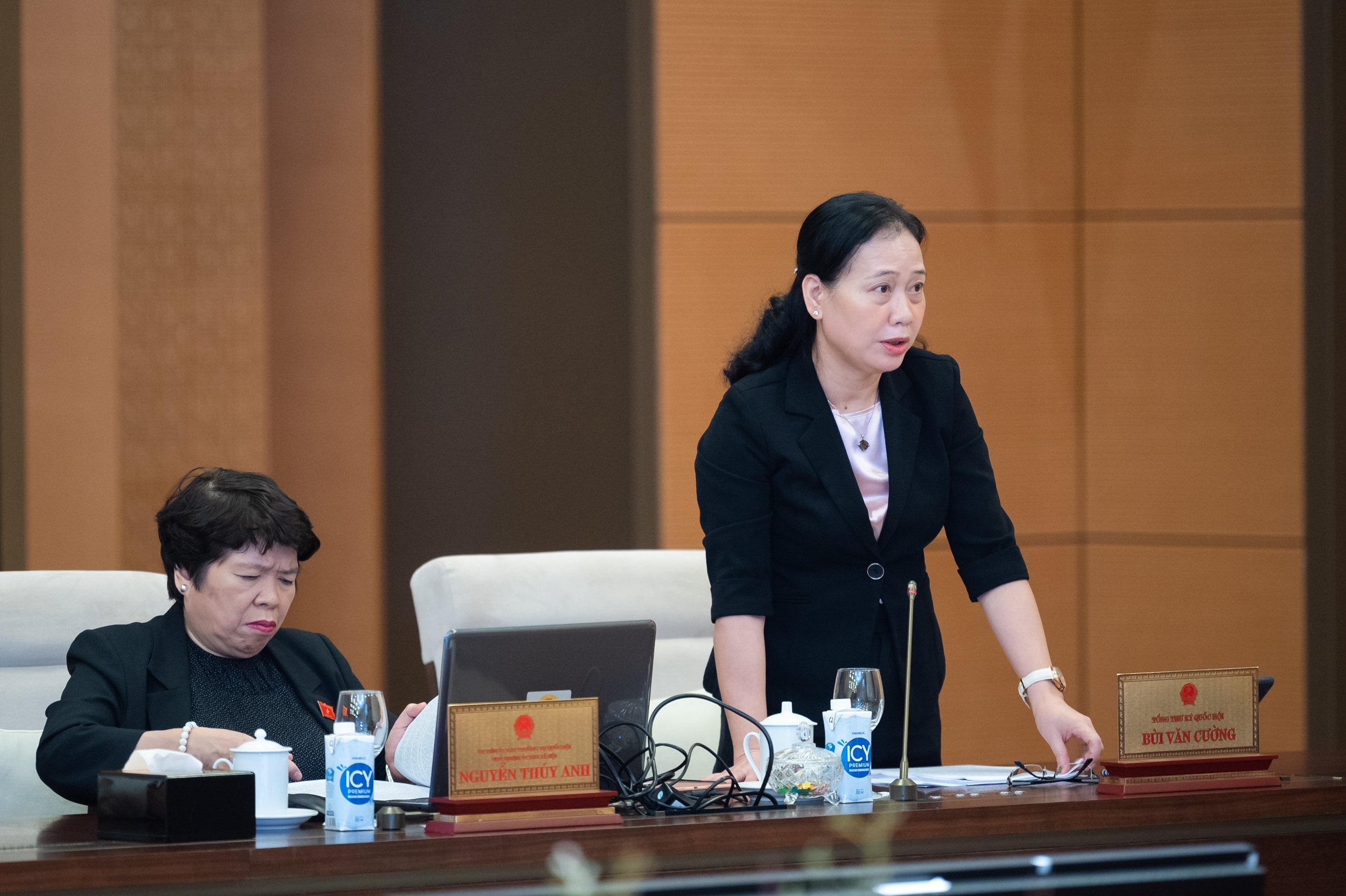
Deputy Head of the National Assembly Office Nguyen Thi Thuy Ngan.
However, according to Ms. Ngan, the completion of the law on restructuring credit institutions and handling bad debts is still slow. There is a lack of preferential policies to encourage investors to participate in handling secured assets and buying and selling bad debts. Finding and negotiating with commercial banks to accept compulsory transfers of weak banks still faces many difficulties.
In an explanatory report on the current situation of cross-ownership, manipulation, and back-and-forth in the banking sector, State Bank Governor Nguyen Thi Hong said that this is an issue that the Central Party, the National Assembly, and the Government are very concerned about and requested the State Bank to complete legal documents as well as implement them in practice to overcome the problem.
"In fact, the cross-ownership situation has been resolved on the records. That is, on the personal records, which organization holds what percentage of shares in the banking system through lending activities has been shown," said Ms. Nguyen Thi Hong.
However, Ms. Nguyen Thi Hong acknowledged that in reality, organizations and individuals can own shares or have their names used to own shares, or even establish businesses in the ecosystem to lend capital to banks.
"This issue was only discovered through investigations of recent cases. Therefore, this is an issue that the State Bank is very concerned about," said Ms. Nguyen Thi Hong, adding that when drafting the Law on Credit Institutions, these issues were considered key.

Governor of the State Bank Nguyen Thi Hong.
Specifically, the draft Law has designed a group of issues to reduce this phenomenon by the following solutions: Expanding the scope of the concept of related persons; reducing the percentage of share ownership in credit institutions; reducing the credit limit ratio...
However, according to the Governor of the State Bank, there are still concerns during the consultation process, for example, can this regulation thoroughly handle and prevent cross-ownership and corruption in banks?
"If we wait for a comprehensive regulation, it will never be available. Regulations need to be directed not only to the law on credit institutions but also to other areas, so that the operations of businesses and people become more transparent. Specifically, information about ownership ratios or information about transactions of businesses or individuals... must be transparent," said Ms. Hong.
"Tightening" cross-ownership in banks
Another important issue to deal with cross-ownership and corruption in banks is the issue of law enforcement, which businesses and people must comply with. According to the Governor, in cases where someone else is intentionally asked to stand in their name, the handling lies with the investigation agencies.
In addition, many opinions believe that if the law is rigidly regulated, it will affect the stock market and increase costs. According to Ms. Hong, building regulations to “tighten” cross-ownership will help ensure system safety and control risks, but will affect the stock market and the market regulation of the economy.
Governor Nguyen Thi Hong also informed that when drafting the draft, the analysis and assessment of impact must be based on the larger picture of the regulatory role of the economy from the perspective of credit institutions.
"Of course, credit institutions must increase procedural costs to control risks to regulate. The Economic Committee and the State Bank will discuss and make adjustments to report to the National Assembly Standing Committee on September 20," the Governor said.
Regarding the bad debt situation, Governor Nguyen Thi Hong said that since 2020, in the context of the difficult world and domestic economy, although the State Bank has issued many circulars for debt restructuring and maintaining the debt group, bad debt has increased. In the coming time, the State Bank will apply measures to handle bad debt in accordance with the provisions of law.
Previously, in Resolution 144 of the regular Government meeting in August 2023, the Government requested the State Bank to focus on handling weak commercial banks and report to competent authorities in September 2023. Closely monitor the bad debt situation and ensure the safety of the credit institution system.
Urgently report to competent authorities in September 2023 on the plan to handle Saigon Commercial Joint Stock Bank (SCB Bank), without further delay .
Source







![[Photo] Vietnam shines at Paris International Fair 2025 with cultural and culinary colors](https://vstatic.vietnam.vn/vietnam/resource/IMAGE/2025/5/4/74b16c2a197a42eb97597414009d4eb8)



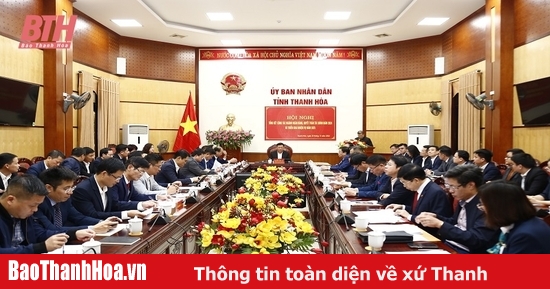


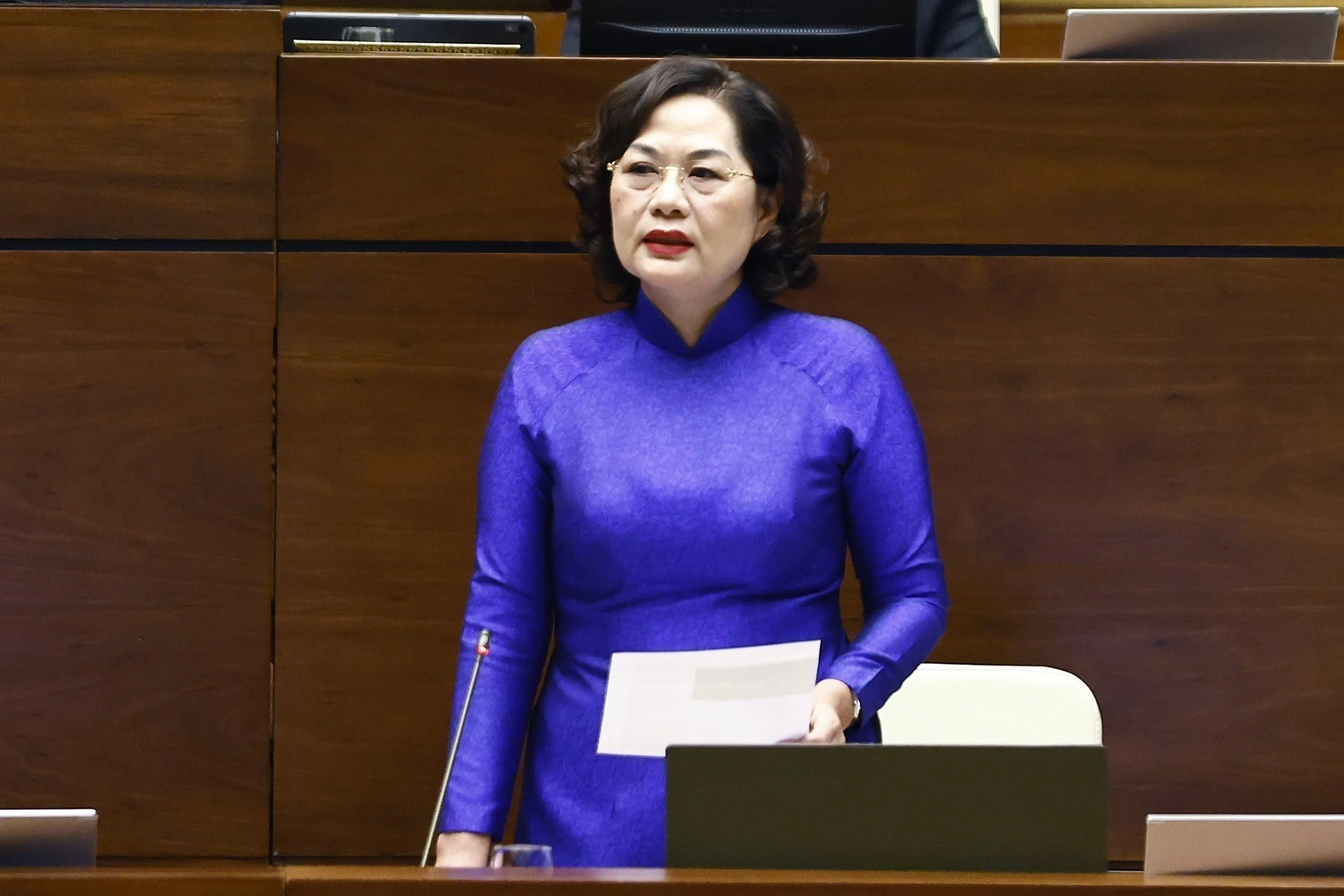

















![[Photo] General Secretary To Lam receives Sri Lankan President Anura Kumara Dissanayaka](https://vstatic.vietnam.vn/vietnam/resource/IMAGE/2025/5/4/75feee4ea0c14825819a8b7ad25518d8)













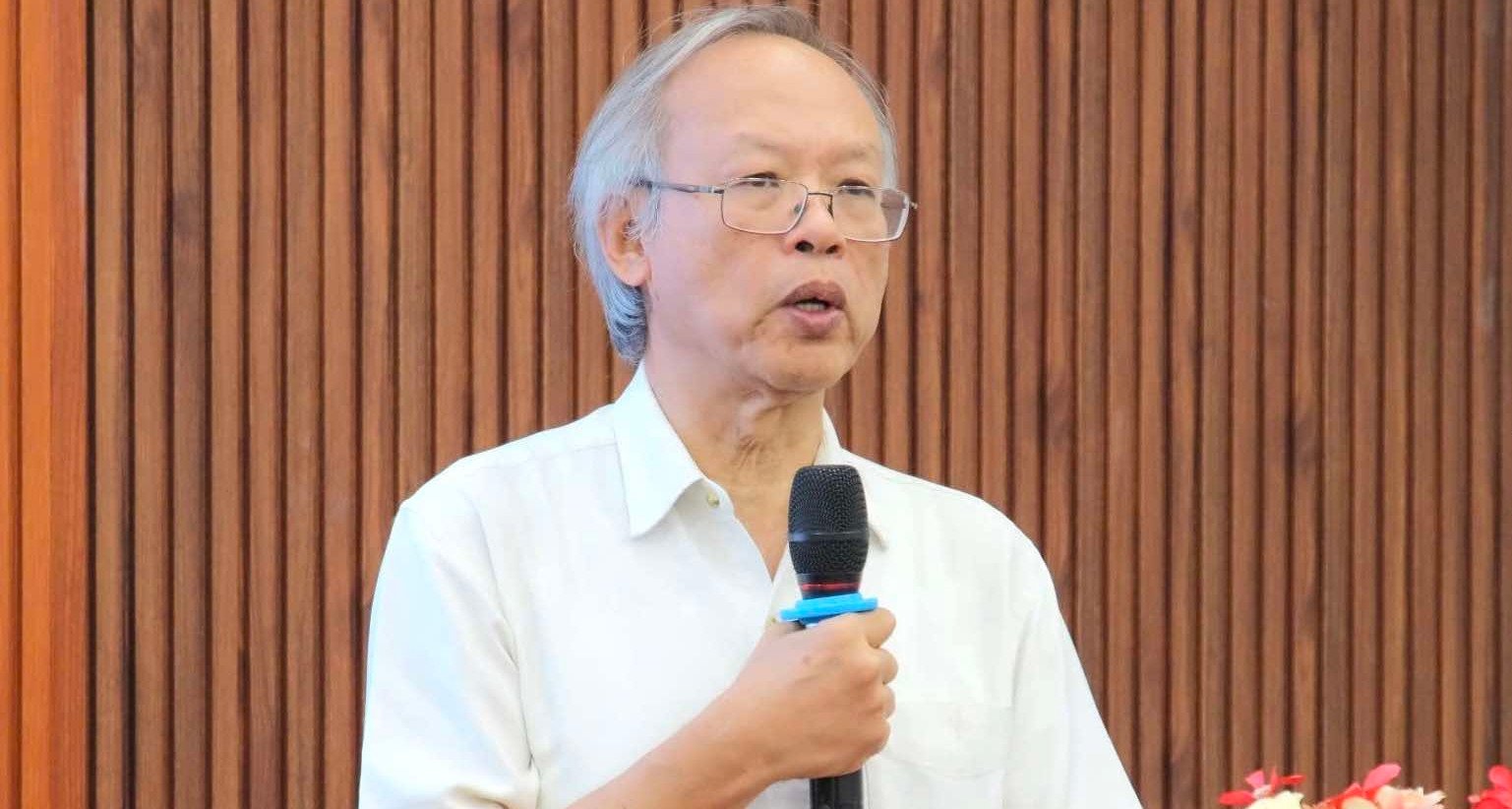




















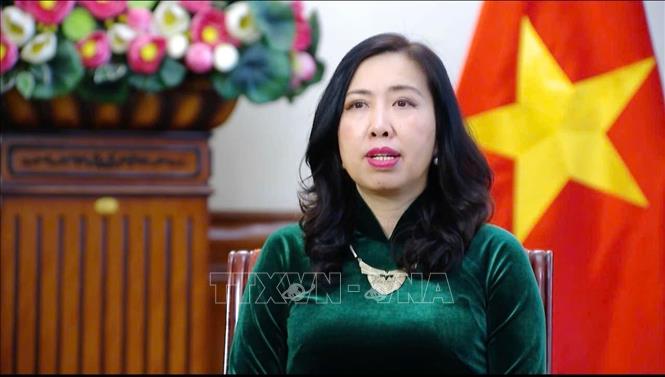










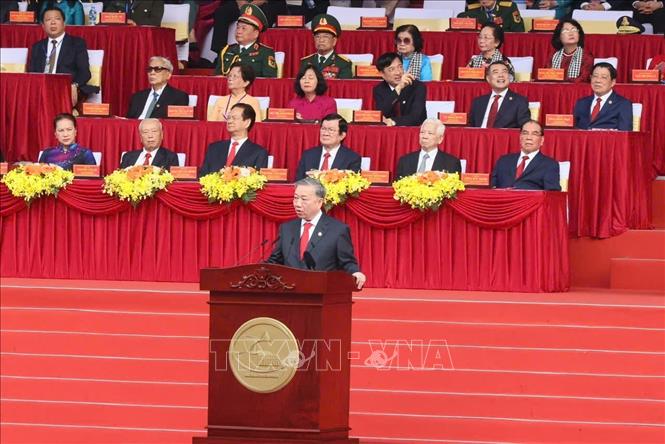














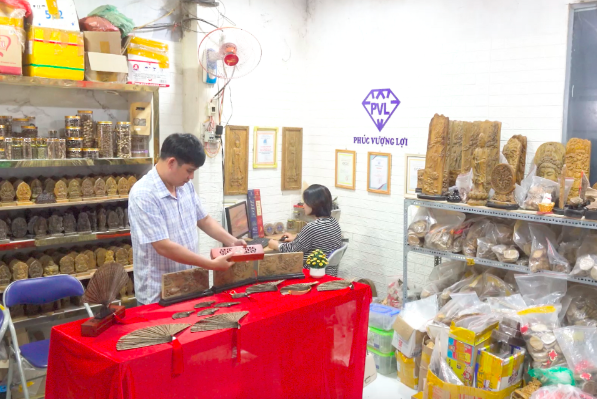



![[Video]. Building OCOP products based on local strengths](https://vstatic.vietnam.vn/vietnam/resource/IMAGE/2025/5/3/61677e8b3a364110b271e7b15ed91b3f)




Comment (0)